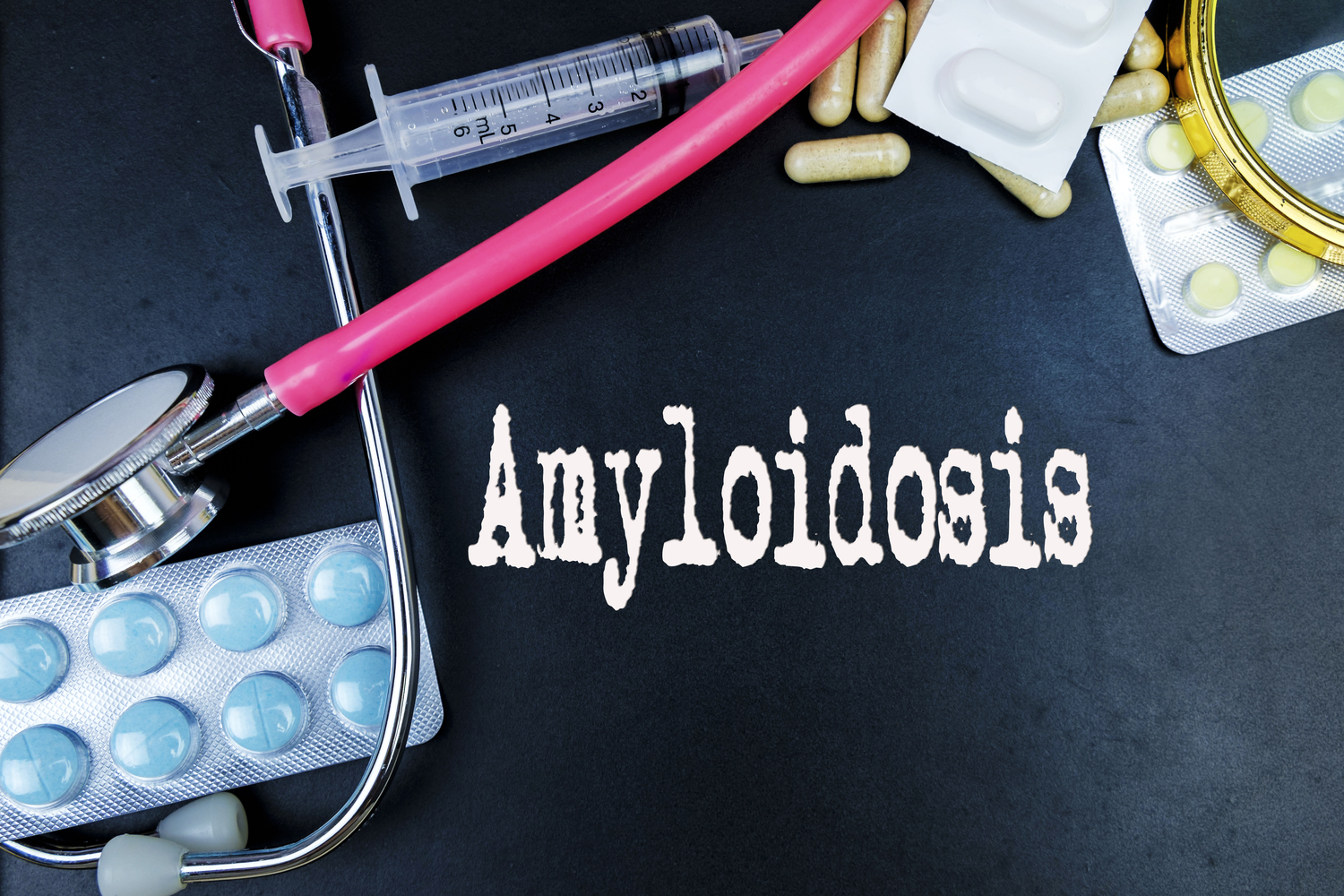
Main Types of Amyloidosis
Amyloidosis is a rare disease that occurs when abnormal amyloid (a type of protein typically produced by the bone marrow) accumulates in organs and tissues, damaging the organ or tissue and greatly impacting healthy function to the point of complete organ failure. Amyloidosis most often affects the nervous system, spleen, digestive system, liver, kidneys, and heart. Patients with amyloidosis often don’t present symptoms until the condition has reached an advanced stage. Although symptoms largely depend on the organ affected, they may include:
- Swelling of the tongue
- Trouble swallowing
- Adema (swelling) of the legs, feet, and ankles
- Numbness in the extremities (hands and feet)
- Breathlessness
- Discoloration of the skin, particularly around the eyes
- Bloody diarrhea and/or constipation
- Tendency to bruise easily
- Severe fatigue
- Heart palpitations
The type of amyloidosis you have depend on two factors—firstly, the type of protein, or amyloid, and secondly, what tissue or organ is affected. The main types of amyloidosis include the following:
1. Dialysis-related amyloidosis
This form of amyloidosis occurs when abnormal blood proteins collect in the tendons and joints in patients undergoing long-term kidney dialysis. It presents in joint edema, carpal tunnel syndrome, and joint stiffness and pain.
2. AA amyloidosis
The AA type of amyloidosis, also known as secondary amyloidosis, often results in inflammatory type diseases (i.e., inflammatory bowel and rheumatoid arthritis), which means patients may experience joint pain, digestive upset, kidney, liver, and heart disease.
3. Hereditary amyloidosis
This form is also referred to as familial amyloidosis because of it’s inherited genetic connection that occur at birth. It most often impacts organs like the heart, kidneys, liver, and nerves.
4. AL amyloidosis
AL amyloidosis, or primary or immunoglobulin light chain amyloidosis, is the most prevalent type of this disease. It results when the bone marrow emits protein antibodies that aren’t able to be broken down. These antibodies impede healthy function of the nerves, liver, kidneys, skin, and heart.




